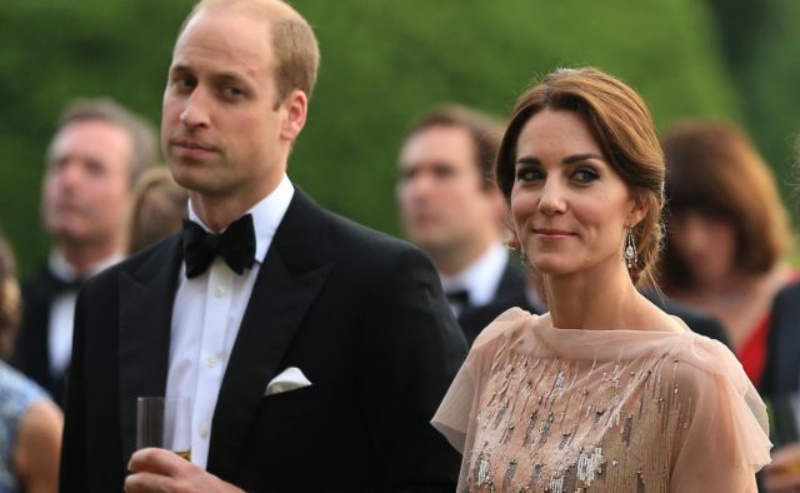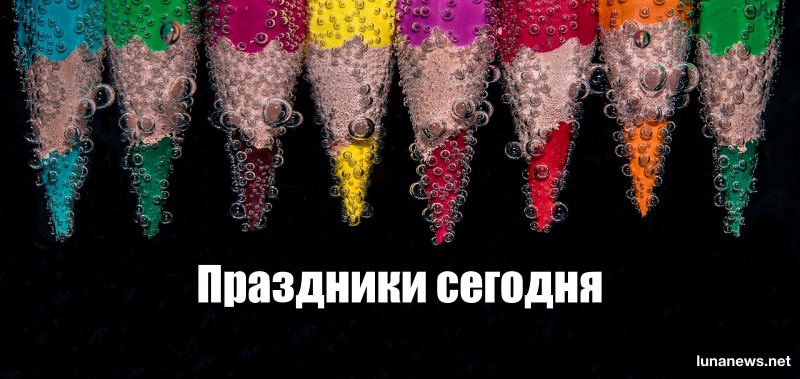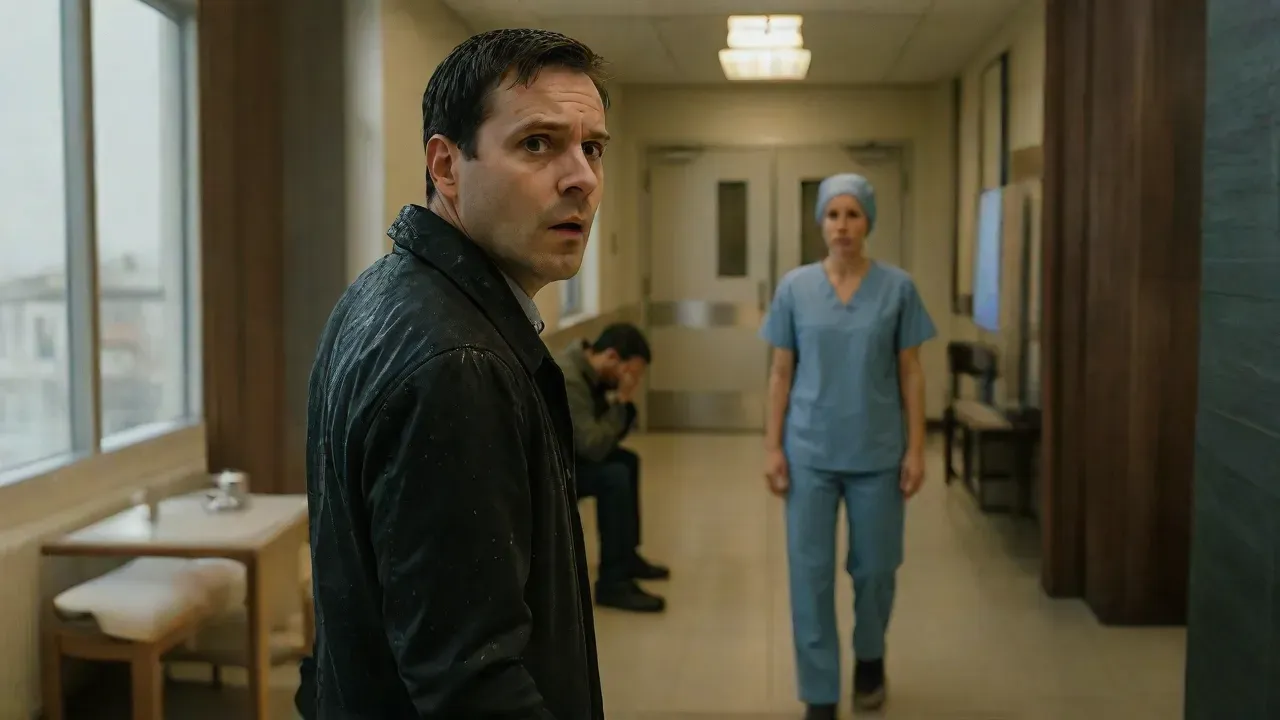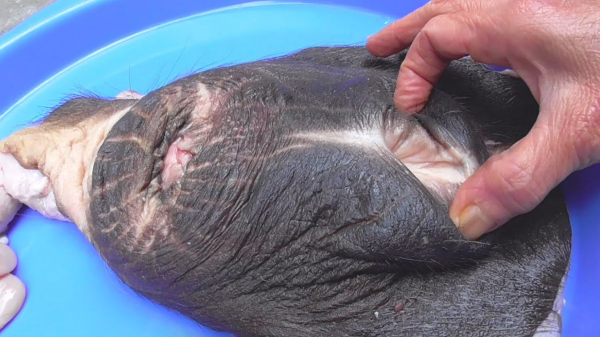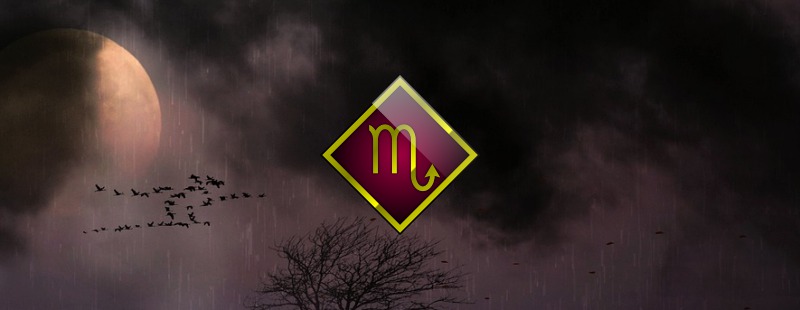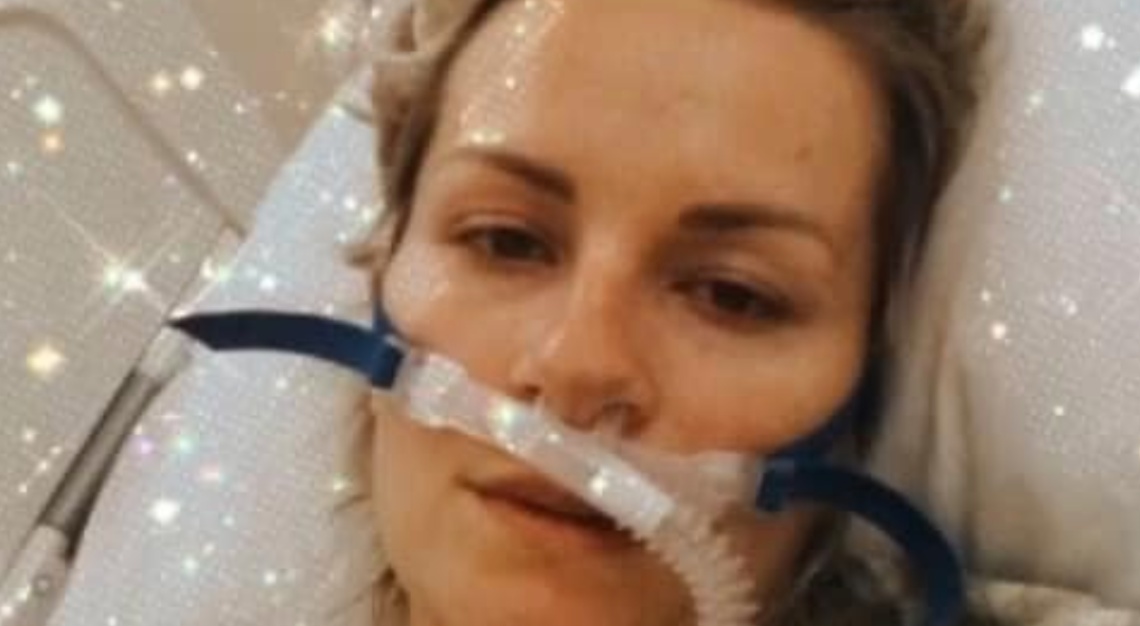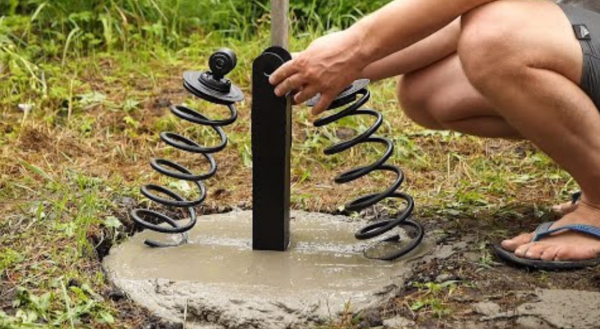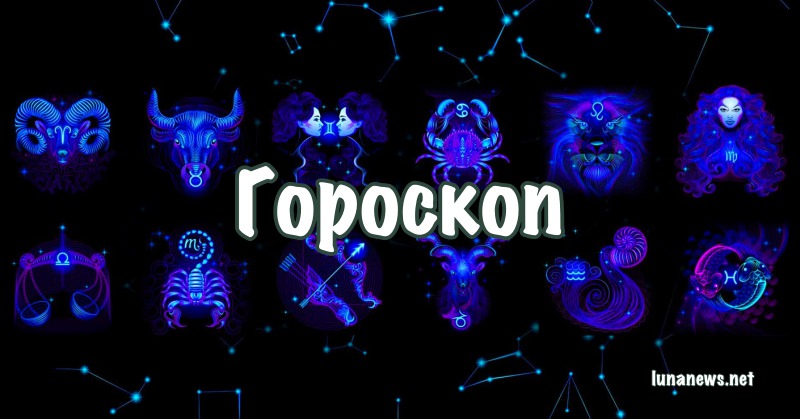I’m sorry, he said, and meant it. Don’t be. I got on a better flight.
That earned a soft laugh. He reached for his cup, then paused. You ever think of calling them? Every day, I said.
And every day I don’t. He didn’t press, just nodded and drank his coffee. When I got home that afternoon, Joyce was in the backyard, spreading mulch.
Get any news? She asked without looking up. No, I said. And then, maybe because I needed to hear it out loud, I added.
But I think they know I’m gone now. That night, I turned the phone on. It buzzed like a dying insect.
32 missed calls. 18 messages. The oldest was from Lisa, a frantic voice message from the day of their flight.
Martha, we thought you were in the bathroom. Please call us. We’re boarding.
A lie. The rest were more of the same. Adam’s voice, curt and tight.
Where are you, mom? Another. This isn’t funny. Then finally, fine.
Do what you want. I didn’t respond. I wasn’t ready.
But I saved Kieran’s number. That much I could do. The next day, he called.
I stared at the screen, watched his name blink, and for the first time, I answered. Grandma? His voice cracked, like he wasn’t sure if I’d speak. I’m here, darling.
A long pause. Then, you’re okay? I’m better than okay. Where are you? Somewhere quiet, somewhere I chose.
He didn’t beg. He didn’t guilt me. He just said, I’m glad you’re safe.
I miss you. I miss you too. That was enough for now.
No explanations. No apologies. Just the sound of someone who still wanted me in their life.
Not because I made birthday cakes or babysat on weekends. But because I mattered. And that sound.
Soft. Simple. Sincere.
Meant more than any seat on a plane. By the fourth week, I’d memorized the walk from the cafe to the corner pharmacy. The smell of the lilac bush outside Joyce’s neighbor’s yard.
And the sound of Arthur’s knock on the cafe window, when I forgot his cream. Life was not exciting. But it was whole.
It had shape. It had peace. And then, on a rainy Tuesday afternoon, a letter came in the mail.
Joyce slid it across the kitchen table without comment. The return address was Wilmington. My old home.
The handwriting was familiar in the way a bruise is familiar. Something you recognize by the ache it leaves behind. Adam.
The envelope was thick. Inside, six pages of neat, angry script. No greeting.
Just, I can’t believe you did this. He accused me of disappearing, of making a scene by absence, of putting the family through stress during their vacation. Lisa cried every night, he wrote.
The kids were confused. Do you think that was fair to them? Not a word about the airport lounge. Not a word about asking me to wait.
No mention of the eight hours. Just the performance of pain. The rewriting of facts.
He ended the letter with, We’re willing to talk. But only if you’re ready to be reasonable. Reasonable.
As if decades of babysitting, cooking, paying their bills and being told where to sit and when to be quiet had been unreasonable. As if disappearing was a tantrum, not a choice. I folded the letter and slid it back into the envelope.
Joyce didn’t ask what it said. She only passed me a plate of toast and nodded toward the window. Storm’s coming, she said.
It was. The next morning, Kieran called again. I heard Dad wrote to you.
He did. You gonna respond? I was quiet for a moment. Then, no, not yet.
Maybe not at all. Kieran didn’t argue. I get it.
He told me he’d started a job at a bookstore, part-time, low pay. But I like it, he said. Books don’t yell at you.
We laughed, easy and warm. You sound different, he said at the end of the call. Different how? Lighter.
That night, I took the letter from Adam, lit a match and fed it to the kitchen sink, flame by flame. Joyce didn’t flinch. I would have used the fire pit, she said.
More satisfying. At the cafe the next morning, Heather pulled me aside. You want an extra shift this weekend? Saturday brunch is hell.
I said yes before thinking. Not because I needed the money, though it helped. But because I liked the feel of a full day.
The ache in my feet was honest. Arthur came in late. He’d started using a cane.
Nothing dramatic. Just age showing up where it always does. The knees, the lower back.
The pride. You burn the place down yet? he asked, settling into his usual stool. Not today, I said, pouring his cup.
He sipped, then paused. You ever think about going back? To Wilmington? To any of it. I wiped the counter.
No, not once. He nodded slowly. Then maybe you’ve finally arrived.
That night, Joyce surprised me. She knocked on my door, holding a flyer. Community center is doing a potluck next week.
You and I should go. I raised an eyebrow. You go to potlucks? I go to free food and other people’s gossip, she said.
Don’t read into it, I smiled. I’ll make my lemon squares. Good, I’ll lie and say I made them.
The days were getting shorter now. Dusk settled earlier, curling around the house like an old quilt. I made tea and sat by the window with my crossword book.
Franklin purred at my feet. My coat hung by the door, warm and ready. For the first time in years, I didn’t feel like someone waiting for life to start again.
It had already started, quietly, without permission, and it was mine. Saturday brunch at the cafe was chaos. By 8 a.m., the line was out the door, the coffee urn was groaning, and the pancake griddle hissed like it had something to prove.
Heather moved like a woman in a war zone, snapping orders, flipping tickets, and slapping spoons into syrup containers with practiced violence. Eggs over hard, booth 3, she barked. I didn’t flinch.
Refill on 6. Already done. By 10, my feet felt like stone, but my head was clear. There’s a strange comfort in service.
You stop thinking about yourself because you’re thinking about everyone else, and in that sometimes you find a kind of peace. Arthur didn’t come in. Saturdays weren’t his days, but as I wiped down the corner booth, I caught sight of something that made my breath pause.
A face at the window, younger than Arthur, sharper around the jaw, but the eyes, those eyes I knew. Lisa. She stood outside for only a second.
Her coat was too nice for the drizzle, her expression unreadable. She didn’t come in, just turned and walked away. I said nothing to Heather.
I finished my shift, counted my tips, and walked home slowly in the fading afternoon. The sidewalks shimmered with leftover rain, my coat held the warmth of movement, my hands didn’t tremble. At the house, Joyce was out.
A note on the fridge said, library talk on B’s, back at 7. Don’t wait on dinner unless you’re cooking. I made soup anyway. That night, I turned the phone back on.
Three new voicemails. The first, from Lisa. We saw someone who looked like you.
Please call us. Adam’s worried. The second.
Adam, terse. If this is about punishing us, it’s gone too far. Enough is enough.
The third. Kieran. Hi, Grandma.
I think Mom’s in town. She’s been weird all day. If something happened, please be careful.
I stared at the screen. The past had a way of sniffing you out just when your back was turned. That night, I slept lightly.
Every creak in the floor, every groan of the old pipes felt louder than usual. But nothing happened. Sunday passed quietly.
On Monday, Arthur returned. He settled onto his stool, cane hooked on the backrest. Busy weekend, he asked.
Eventful, I said. He stirred his coffee. Something bothering you? Yes, but not enough to ruin this moment.
He smiled, and we sat in silence for a while, the way only two people who’ve seen enough can do. After work, I sat with Joyce on the porch, both of us wrapped in old sweaters, watching the clouds roll over. I think they’re looking for me, I said.
I figured. She didn’t ask what I was going to do. She didn’t offer advice.
Just passed me the wine mug. You still hiding or healing? Healing, I said. But the hiding was nice while it lasted.
She raised her mug. To people who stop asking for permission. I clinked it gently.
Later that night, I wrote a letter. Not to Adam, not to Lisa, to Kieran. A real letter, in pen, on thick paper.
I told him I was safe. That I’d made a new life. That I wasn’t angry, just done waiting.
I told him he was the only one who never made me feel like an obligation. I told him he could visit. One day, if he came alone.
It arrived on a Thursday. The envelope from Wilmington. But this time, it wasn’t a letter from Adam or Lisa.
It was a manila folder, bulky, stiff, with the return address of a regional news outlet I recognized from the old neighborhood. Joyce handed it to me with her eyebrows raised. You got fans now? I didn’t answer.
I opened it slowly, standing at the counter. Inside, a printout of a newspaper article, folded in thirds. Front page of the community section.
The headline read, Missing Matriarch. Family Speaks Out on Grandmother’s Disappearance. There was a photo.
Me. Taken from some family gathering years ago, holding a pie dish. Smiling, without showing teeth.
The article quoted Adam. We’re deeply worried, he said. She vanished without a word.
We just want her safe. If anyone sees her, please let us know. Lisa had a quote too.
She’s vulnerable. We fear something happened. She’s not the type to do something like this.
I laughed. Out loud. A sharp, startled sound that startled even me.
Not the type? Joyce leaned over my shoulder and read a few lines. They really said, vulnerable? I nodded. You should sue them for underestimating you.
They’ll have to stand in line. There was something obscene about it. This performance of concern.
Of innocence. As if I’d wandered off into traffic. As if I hadn’t been parked like a suitcase and abandoned before boarding.
Heather saw the article too. Someone at the cafe left it on the counter by accident. She brought it to me during the morning rush.
You okay? She asked quietly. Never better. I kept the clipping.
Not out of sentiment. But because it was proof. Proof that people only start worrying when they can’t use you anymore.
That night, I sat with Arthur in the booth by the window. He didn’t ask about the article. He just handed me a little brown paper bag.
I saw this and thought of you, he said. Inside, a tiny, hand-painted magnet shaped like a birdhouse. It’s silly, he added quickly.
I just remembered something you said. I smiled. It’s not silly.
It’s perfect. When I got home, I stuck it to the fridge with the same hand that had carried Adam’s lunch to school a hundred times. The same hand that had paid his rent more than once.
The same hand that would not, ever again, reach out for more abuse. I didn’t tell Joyce about the magnet. Some things you keep for yourself.
Instead, I told her I’d like to bake something for the potluck, after all. Lemon squares, she asked. No, I said.
Something better. The next day, I pulled out my old recipe box. The one I’d saved, even when I sold nearly everything else.
I found the card written in Derek’s handwriting, back from our first Thanksgiving together. Martha’s sweet potato cake. Good enough to make people behave.
I baked, too. The house filled with cinnamon and memory. Joyce danced in the kitchen in thick socks.
Franklin meowed like he’d been promised a slice. When we brought the cakes to the community center, a woman at the door said, What’s that smell? It’s divine. New life, Joyce said, before I could answer.
We both laughed, and I didn’t feel small. I felt real. Rooted.

